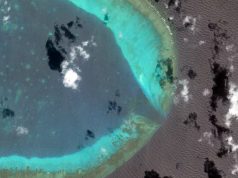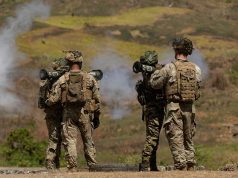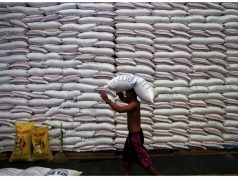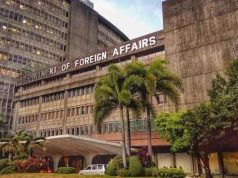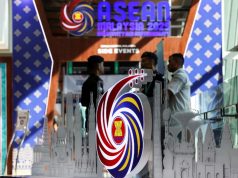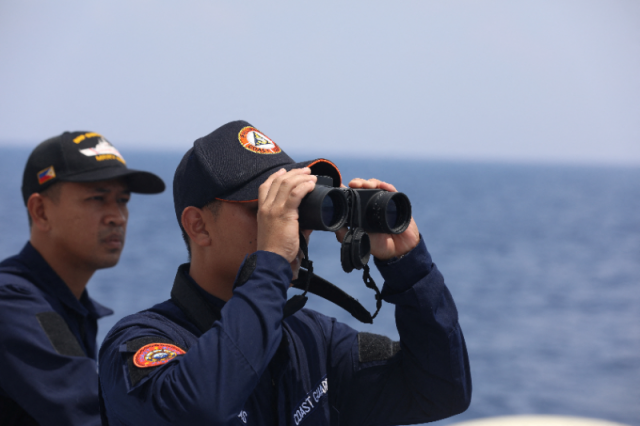
- Philippines approaches Malaysia, Vietnam on code
- South China Sea situation has become ‘more dire’ -Marcos
- Tension requires Philippines to partner with allies -Marcos
MANILA — The Philippines has approached neighbors such as Malaysia and Vietnam to discuss a separate code of conduct regarding the South China Sea, its president said on Monday, citing limited progress towards striking a broader regional pact with China.
Relations between the two have grown more tense under President Ferdinand Marcos Jr, who has increasingly complained about China’s “aggressive” behavior while rekindling strong ties with the Philippines‘ sole treaty ally, the United States.
Speaking in Hawaii at a livestreamed event, Marcos said escalating tension in the South China Sea required the Philippines to partner with allies and neighbors to maintain peace in the busy waterway, with the situation now “more dire”.
“We are still waiting for the code of conduct between China and ASEAN and the progress has been rather slow unfortunately,” Marcos said, referring to efforts by the grouping of Southeast Asian nations.
“We have taken the initiative to approach those other countries around ASEAN with whom we have existing territorial conflicts, Vietnam being one of them, Malaysia being another and to make our own code of conduct.
“Hopefully this will grow further and extend to other ASEAN countries.”
The embassies of China, Malaysia and Vietnam in Manila did not immediately respond to a request for comment on a possible code.
The remarks by Marcos followed his meeting on Friday with Chinese President Xi Jinping on the sidelines of the Asia-Pacific Economic Cooperation forum in San Francisco.
The leaders discussed ways to reduce tension in the disputed strategic waters after a series of confrontations this year.
In the past few years, ASEAN and China have worked towards creating a framework to negotiate a code of conduct, a plan dating as far back as 2002. But progress has been slow despite commitments by all parties to advance and speed the process.
On-off confrontations
Talks on components of the code have yet to start, with concerns about how far China, which claims ownership of most of the South China Sea, is committed to a binding set of rules that ASEAN nations want to align with existing international law.
China stakes its claim on its maps with the use of a “nine-dash line” that loops as far as 1,500 km (900 miles) south of its mainland, cutting into the exclusive economic zones (EEZ) of Brunei, Indonesia, Malaysia, the Philippines and Vietnam.
Manila and Beijing have engaged in on-off confrontations for years as China has become more assertive in pressing its maritime claims, alarming neighbors and other nations operating in the key trade route, such as the United States.
China has turned submerged reefs into military installations equipped with radar, runways and missile systems, some inside the Philippines‘ EEZ.
“The nearest reefs that the PLA has started to show interest in … for building bases have come closer and closer to the Philippine coastline,” said Marcos, referring to the People’s Liberation Army Navy of China.
“The situation has become more dire than it was before.”
By contrast, Marcos added, the United States “has always been behind us … not only in terms of rhetoric, but also in terms of concrete support”.
– Additional reporting by Mikhail Flores; Editing by Martin Petty and Clarence Fernandez




